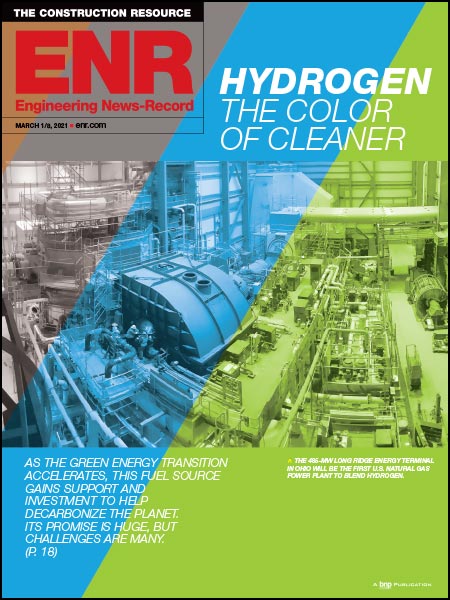President Bush's voluntary program aimed at reducing air pollution from factories and powerplants drew a favorable reaction from the electric utility industry but attacks from environmental groups and their allies on Capitol Hill.
 |
| President George W. Bush (White House photo by Paul Morse) |
Bush says his "Clear Skies" plan, announced Feb. 14, would use a "cap and trade" approach. The U.S. would set caps on emissions of sulfur dioxide, nitrogen oxides and mercury in 2010, and then at a lower level for 2018. It would not mandate how utilities or other industries would achieve those targets. But companies would be able to trade per-ton credits for pollution reductions with each other.
The proposed 2010 caps would be 4.5 million tons of sulfur dioxide, down from current emissions of 11 million tons; 2.1 million tons of nitrogen oxides, down from 5 million tons now; and 26 tons of mercury, down from 48 tons now.
Bush made no announcement on how his administration's will deal with "new source review," which determines when powerplant upgrades will require advanced pollution control technology. The announcement of the new source plan has been delayed for months, partly because of the Sept. 11 terrorist attack.
In a speech at the National Oceanic and Atmospheric Administration headquarters in Silver Spring, Md., Bush said that "economic growth is key to environmental progress" and added that the new plan "will harness the power of markets."
Bush also announced a global climate change plan, that would link U.S. greenhouse gas emissions to the Gross Domestic Product. It seeks to cut such emissions from an estimated 183 metric tons per million dollars of GDP this year to 151 tons per million dollars of GDP in 2012. He noted that his 2003 budget request includes $4.5 billion for climate change items, including tax credits for renewable energy.
Thomas Kuhn, president of the Edison Electric Institute, says Bush's proposal "allows for flexibility and incentives that encourage development of long-term, innovative technologies to reduce greenhouse gas emissions," He adds, "Cuts are cuts no matter how they are achieved.
But Senate Environment and Public Works Committee Chairman James M. Jeffords (Ind.-Vt.) says that "real carbon reductions appear to have...completely fallen off the table in this climate policy."
Jeffords backs a bill that would limit emissions of carbon dioxide as well as of the three pollutants Bush is targeting. Jeffords says that "without real carbon dioxide reductions, this proposal comes up short."



